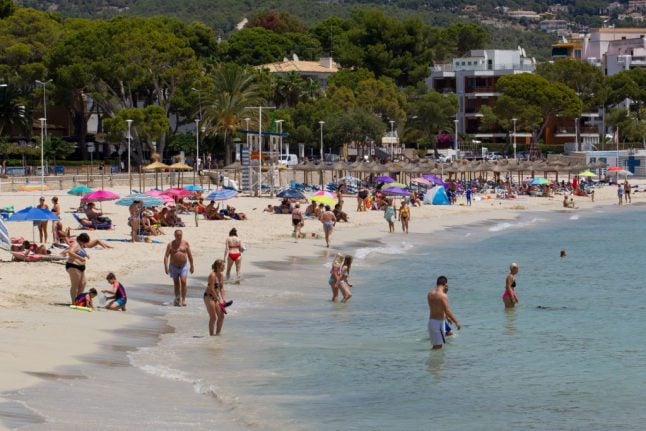Can I leave an area if a lockdown is imposed?
As in Lleida and Lugo, where lockdowns have been imposed, the authorities gave a margin of time for non-residents and tourists to leave the affected area. However, the decision depends on each of Spain's 17 regional governments. They will judge it according to the level of infection.
What should I do if I leave an area which has been put on lockdown?
Health authorities recommend tourists remain alert to any signs of symptoms and maintain social distancing. Symptoms include coughing, difficulty breathing and high temperature.
Do authorities have special areas for tourists to stay if they test positive for coronavirus?
Each regional authority must provide a place for tourists to stay if they test positive. In some cases, these are hotels, sports areas or conference halls which have been made available to the authority.
What happens if I have an apartment or hotel reserved and I cannot go there because of COVID-19?
Tourists are entitled to protection under the law, according to Rubén Sánchez, spokesman for the consumers' group Facua. “If for any reason someone cannot take advantage of a reservation, they have the right to get their money back if it is linked to the pandemic. They do not have to accept vouchers.”
What happens if the hotel or travel company cancels the reservation? Do you have a right to get all your money back?
If the company has to cancel the booking because it is related to coronavirus, the situation is similar. – it must return all the money, said Mr Sánchez. However, if an airline has to cancel a flight because there are not enough passengers and it notifies the client less than 14 days before the flight, customers are also entitled to compensation.
How long are the localised lockdowns lasting?
It depends on the evolution of the infection. In Segria in western Catalonia, because cases have risen, the lockdown could last two weeks or more. In A Mariña, in northern Spain, as the number of infections is descending, it is expected to last five days.
If you cannot work from home during a localised lockdown, what do you do?
Employers must provide letters if you must travel outside the lockdown zone to prove that you need to enter and return to the area.



 Please whitelist us to continue reading.
Please whitelist us to continue reading.
Member comments